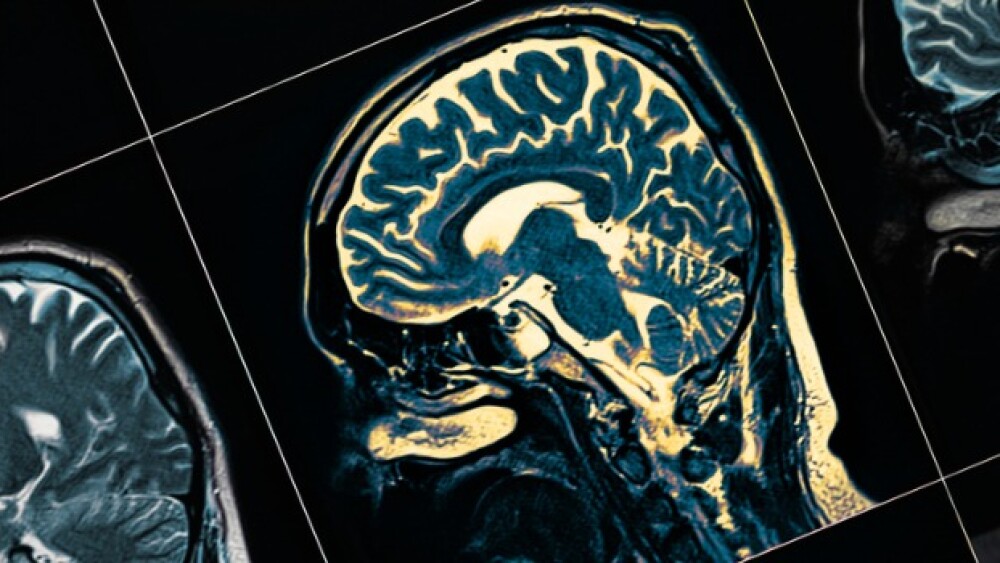The regulator accepted Karuna Therapeutics’ NDA and set a PDUFA date of September 26, 2024. If approved, it would be the first new mechanism of action to treat schizophrenia in decades, the company contends.
Pictured: Image of an MRI brain scan/iStock, sudok1
The FDA on Wednesday accepted Karuna Therapeutics’ New Drug Application for its investigational schizophrenia treatment KarXT (xanomeline-trospium), with a target action date of Sept. 26, 2024.
If approved, KarXT would be the first new drug class for the treatment of schizophrenia in “several decades,” according to Karuna’s announcement. CEO Bill Meury said in a statement that KarXT “could be one of the more important new product introductions in neuropsychiatry by providing a novel pharmacological approach.”
KarXT is an investigational muscarinic antipsychotic treatment that, unlike existing treatments for schizophrenia, does not directly block dopamine receptors. Instead, KarXT works via the dual activation of the M1 and M4 muscarinic acetylcholine receptors in the central nervous system, which in turn is believed to improve positive, negative and cognitive symptoms in patients with schizophrenia.
Karuna is supporting its application for KarXT, which it submitted in September 2023, with data from the EMERGENT clinical development program. EMERGENT consists of the three completed registrational and placebo-controlled trials EMERGENT-1, EMERGENT-2 and EMERGENT-3, which together demonstrated “statistically significant and clinically meaningful improvements” in Positive and Negative Syndrome Scale (PANSS) total score, according to Wednesday’s announcement.
In March 2023, Karuna published data from EMERGENT-3, showing that KarXT-treated patients scored 8.4 points lower on the PANSS tool than placebo comparators, the study’s primary outcome.
Despite this promising performance, the readout left investors skeptical and triggered a selloff that saw Karuna’s stock drop 19% in the following days. While KarXT met its primary endpoint, it failed to significantly ease negative symptoms versus placebo at four weeks.
Negative symptoms of schizophrenia refer to social withdrawal, apathy, lack of motivation and difficulty speaking. KarXT’s beneficial effect on negative symptoms, established in EMERGENT-1 and EMERGENT-2, is one of its main differentiating factors, as all currently approved schizophrenia treatments only target the disorder’s positive symptoms, such as delusions and paranoia.
In terms of safety, the three registrational trials found KarXT to be generally well tolerated. Its most common adverse events were cholinergic in nature and mild to moderate in severity. Importantly, KarXT did not trigger weight gain, movement disorders and somnolence, all common side effects of available antipsychotic agents.
EMERGENT also includes two trials—EMERGENT-4 and EMERGENT-5—which are looking at the long-term safety of KarXT.
Tristan Manalac is an independent science writer based in Metro Manila, Philippines. He can be reached at tristan@tristanmanalac.com or tristan.manalac@biospace.com.






